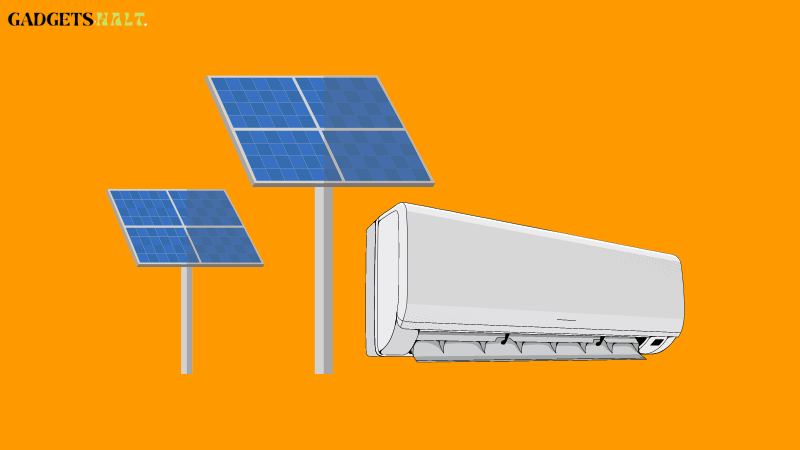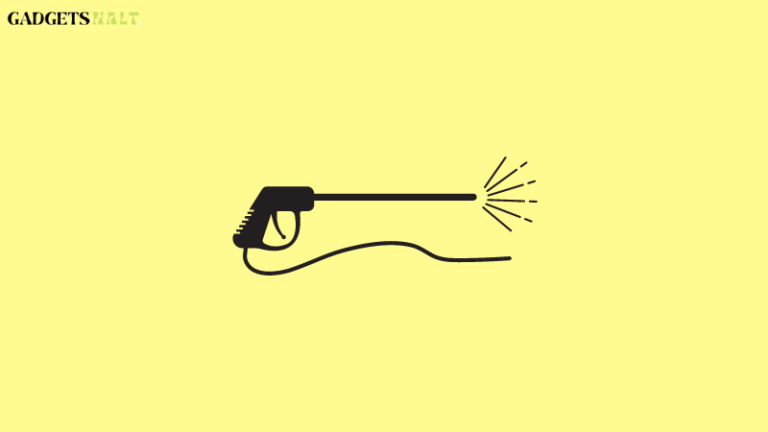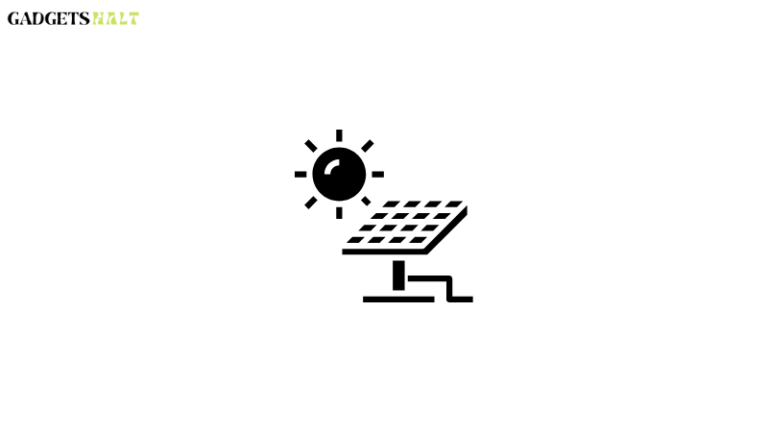Can Solar Panels Run My Air Conditioner? Here’s What You Need to Know
If you’re on the fence about switching to solar power, it’s time to take the plunge! Not only are solar panels an awesome way to reduce your monthly utility bills and lessen your impact on the environment, but they can also help you use your air conditioner more often! You may think that AC units run on electricity and aren’t compatible with solar panels, but nothing could be further from the truth. In fact, solar panels work great with air conditioners, so let’s talk about how you can use them together in your home!
Table Of Contents
How solar panels are different than other sources of energy
Solar panels are a type of renewable energy source. Unlike fossil fuels, solar panels do not produce emissions that contribute to climate change. Solar panels are also different than other renewable energy sources, like wind turbines, because they rely on sunlight to generate power. This means that solar panels can be used to generate electricity even on cloudy days. However, this doesn’t mean you should throw out your electric bill and buy more solar panels!
In fact, most homes in the U.S. need more than just a few solar panels to cover their total electric usage. Many people use grid-tied systems that allow them to sell back excess energy to their utility company during the day when there is an abundance of solar power. If you’re thinking about installing solar panels, it’s important to know how much space they’ll take up on your roof and how much maintenance will be required (a small investment).
What happens when the sun isn’t shining
If you’re using a grid-tied solar system, your home will still be connected to the power grid. This means that when the sun isn’t shining, you’ll still have access to power. However, if you’re using a battery-based system, you may need to find an alternative power source during cloudy days or at night. Batteries can’t store enough energy for more than 24 hours of continuous use. In other words, a single day of clouds could leave you without power for part of the next day too. The good news is that there are a few ways to get around this problem: A backup generator and/or solar panels with batteries.
Generators take in diesel fuel and provide up to 8 hours of emergency power on average. Though they do emit pollutants like soot and greenhouse gases, they are considerably cheaper than backup batteries, which run around $1,000 per kilowatt-hour (kWh). But generators require routine maintenance; one needs fuel, the right kind of engine oil, air filters, and spark plugs—not to mention gasoline prices can fluctuate unpredictably. The cost savings with generators also depend on how often you would rely on them during a blackout—in general, we recommend using these as only needed for emergencies instead of relying on them every day.
Can Solar Panels Run My Air Conditioner?

Solar panels are a great way to save money on your energy bill, but can they run your air conditioner? The answer is yes, solar panels can run your air conditioner, but there are a few things you need to know first. Solar panels work by converting sunlight into electricity, and this electricity can be used to power just about anything in your home, including your air conditioner. However, the amount of electricity that solar panels can produce varies depending on the amount of sunlight they’re exposed to.
So, if you live in an area with lots of sun, you’ll likely be able to run your air conditioner entirely on solar power. If you live in an area where it’s cloudy most of the time, then your solar panels will only be able to provide part of the necessary electricity for running your AC unit. Fortunately, many modern AC units are powered by gas or some other type of fuel, so even if your solar panels aren’t producing enough electricity for your air conditioner, you’ll still have backup power from another source. In other words, don’t worry too much about whether or not solar panels can run your AC; chances are good that they will.
Of course, no one wants to deal with surprises when their air conditioning goes out in the middle of summer. With that said, you may want to invest in some solar panel insurance as well (which is something your provider might offer). Basically, this coverage will cover whatever costs you incur due to equipment failure due to a lack of power from your solar panels. Basically, it covers what happens when your AC stops working because there isn’t enough power coming from the grid or your battery storage system.
How much electricity do you use on average?
Most air conditioners use a lot of electricity. In fact, according to the Department of Energy, air conditioners use about 6% of all the electricity in the United States! But how much electricity does your air conditioner use specifically? And could solar panels provide enough power to run it?
The average air conditioner uses about 3,500 watts of power. That’s a lot! But it’s important to remember that this is just an average. Some air conditioners use more power than this, and some use less. If you know what size AC unit you have, then take a look at the chart below to see what it will typically use.
For example, if you have a window unit that uses 1,000 watts per hour (W/h), then one day without the sun would leave you with around 12 hours before your battery starts getting low. It might be hard for solar panels to keep up with these kinds of units though – depending on their size and efficiency, it can take from 8-10 hours of sun per day to charge them fully (depending on weather conditions). If they don’t get charged fully by nightfall, they may not be able to cool off the house during the night – so plan accordingly!
How do you select a suitable inverter?
When selecting an inverter for your solar panel system, there are a few things you’ll need to take into account. The first is the power rating of the inverter, which is typically measured in watts. The second is the efficiency of the inverter, which measures how well it can convert DC power from the solar panels into AC power that can be used by appliances. The third is the size of the inverter, which will determine how many solar panels can be connected to it. Fourth is the warranty, which will protect you in case of any defects.
Fifth is the price, which can range from a few hundred dollars to a few thousand depending on the features and quality of the inverter. Finally, consider the ease of installation and whether or not it has pre-programmed settings for popular devices like lights, televisions, etc.
A solar panel system should have at least three months’ worth of electricity storage available. And if you’re running more than one appliance with a single inverter, make sure that all your appliances draw less than half of the total wattage from the inverter – else they may not work properly!
Is it expensive to run?
The cost of running an air conditioner depends on the type of air conditioner you have, how often you use it, and the climate. In general, it costs more to run an air conditioner in a hot climate than in a cold one. The cost of electricity also plays a role in how much it costs to run an air conditioner. If you live in an area with high electricity rates, your air conditioner will likely be one of your most expensive appliances to operate.
Solar panels can help offset some of these costs by generating electricity that can be used to power your air conditioner. However, solar panels are not a perfect solution and there are some things you need to know before you make the switch.
How do they work? Installing solar panels on your roof is typically the first step toward using them to power your air conditioner. Before installing solar panels, consult with a professional electrician about connecting them correctly to your home’s electrical system. Some homeowners prefer off-grid systems or mini-grids which generate their own electricity from renewable sources such as wind turbines or fuel cells.
Regardless of your system type, the next step is to install a charge controller which converts direct current (DC) from the panel into alternating current (AC) that’s compatible with today’s homes. There are two main types of charge controllers: PWM (pulse width modulation) and MPPT (maximum power point tracking). When it comes time for installation, don’t forget about wiring!
What things should I consider before buying or leasing solar equipment?
There are a few things you should keep in mind before making the switch to solar power. First, consider how much sunlight your home or business receives on average. This will affect how much power you can generate with solar panels. Second, determine how much energy you currently use and how much you would like to offset with solar panels. This will help you calculate the size of the system you need.
Third, consider the upfront cost of purchasing or leasing solar equipment as well as the long-term savings on your energy bill. Fourth, find out if there are any tax incentives or rebates available in your area for switching to solar power. Fifth, research different types of solar panels to find the best fit for your needs. Some options include grid-tied, off-grid, and hybrid systems. These types vary in terms of whether they require backup batteries or not, the type of electric meter they require (standard or smart), their efficiency rating (the percentage of sun’s energy converted into electricity), lifespan, warranty coverage, and more.
Finally, decide which company is right for you – do they offer installation services? Do they have an established track record? Is their customer service helpful? What are their fees and policies like? If you’re still unsure about going solar but want to start saving money on your utility bills now without making a large investment up front then installing new windows could be an excellent option!





